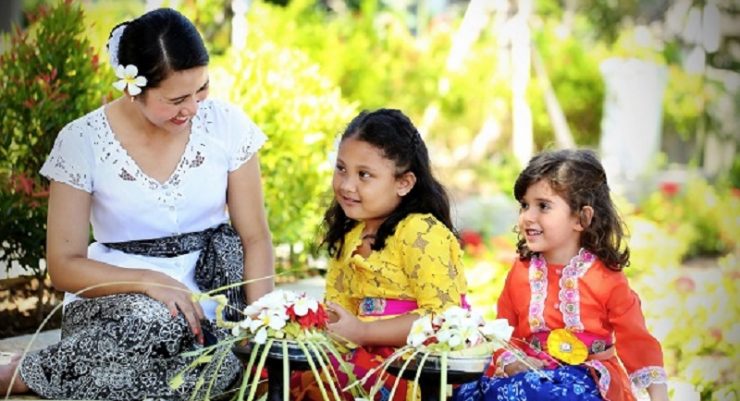THE INDONESIA’S Tourism of Tourism and Creative Economy hopes that tourism players will continue to be enthusiastic about improving skills, including language issues, during the pandemic so that they can be better prepared to welcome foreign tourists in the future.
“We hope that tourism Human Resources (HR) players will continue to have the enthusiasm to continue to improve their skills, one of which is fundamentally language,” said Regional II Community Empowerment Coordinator, Ministry of Tourism and Creative Economy, Reza Rahmana Kaloka, in a recent webinar.
Reza emphasized the importance of foreign language skills for tourism players because they must interact directly and provide services to tourists from various countries. He welcomed the cooperation of various parties in providing language training to restore tourism.
“In the end, it can improve the quality of Indonesian tourism,” he said.
Cakap’s online learning platform provides English language training to more than 70,000 human resources in the tourism and hospitality sector in Indonesia in collaboration with the government and other stakeholders.
Cakap has collaborated with the Indonesian Hotel and Restaurant Association (PHRI) through an English language training program as well as “hospitality” skills training so that HR capabilities are in accordance with international standards which will be useful when the government decides to reopen borders for foreign tourists.
According to Cakap’s CEO & Co-Founder, Tomy Yunus, English language skills and “hospitality” skills are urgently needed for the recovery of Indonesian tourism in 2022.
“We are moved to contribute to the recovery of this sector. With the changing tourism trends and the need to implement strict health protocols, we see the urgency of good communication skills from tourism sector players so that when the government decides to reopen tourism routes, new tourism trends and this protocol can be carried out properly and correctly,” he said.
Cakap has been appointed as a partner by the Ministry of Tourism and Creative Economy and BAKTI of the Ministry of Communication and Information to provide mentoring and foreign language training programs for tourism sector players. Since 2020, this digitally implemented program has targeted tourist villages in several parts of Indonesia.
Together with BAKTI Kominfo, Cakap conducted English language training for tourism actors in Eastern Indonesia in 2021. Last year, the same program was also carried out for program participants, namely the local community of 5 Super Priority Destinations.
Meanwhile, collaboration with the Ministry of Tourism and Creative Economy is in the form of English language courses so that tourism players can communicate and provide optimal services. Tourism Ministry and Cakap also provide English language training for creative economy activists from Super Priority Destinations and creative districts/cities. They are equipped with English skills to be able to sell products abroad or foreign tourists.
Budi Aris Letluhur, one of the participants of the training program, revealed the important role of training in building his capacity as a tour guide in Maluku.
“With Pulai Kei getting more and more known both at home and abroad, the need for tour guides to communicate well is increasingly becoming a demand. And programs like this are a strategic step for us tourism sector players in Maluku and its surroundings to prepare to restore the tourism sector,” said Budi.
The Head of Human Resources Training at Indonesian Hotel and Restaurant Association (PHRI), Alexander Nayoan added that English is not only a priority in developing foreign language skills. Because, when the Indonesian border has been opened to foreign tourists, it is not necessarily those who come from Europe.
“Maybe from the Middle East, Arabic, India or mainland China. I emphasize the importance of foreign language skills for tourism players which can later lead to increased income. Ease of communication provides comfort for tourists who can ultimately spend more money during their trip,” he concluded. [antaranews/photo special]
















